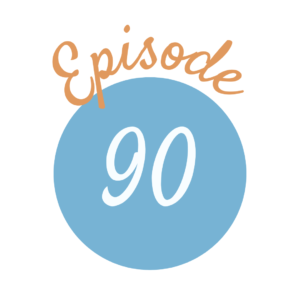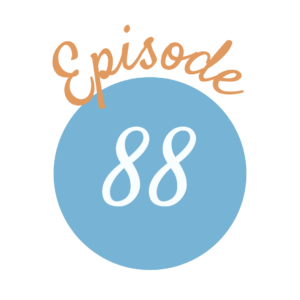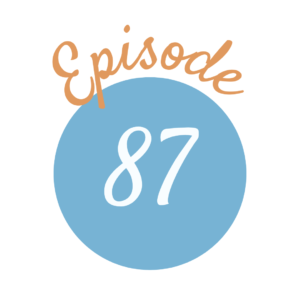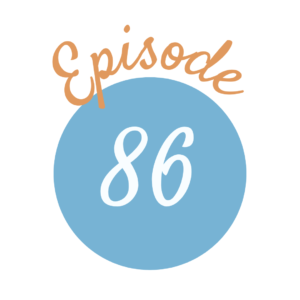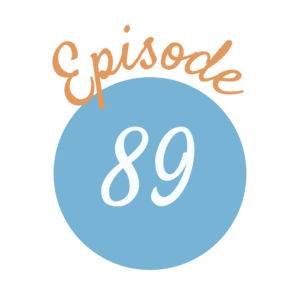 When we embark on the homeschool journey, many of us feel inadequate to teach because of our own lack of education. Once we start, however, our enthusiasm for learning ourselves is usually kindled. But how to find the time, what to study, and which areas are most fruitful for us are the questions this episode will address as the ADE ladies review Mason’s own Mothers Education Course and what she felt were the essential areas of study for a mother and teacher.
When we embark on the homeschool journey, many of us feel inadequate to teach because of our own lack of education. Once we start, however, our enthusiasm for learning ourselves is usually kindled. But how to find the time, what to study, and which areas are most fruitful for us are the questions this episode will address as the ADE ladies review Mason’s own Mothers Education Course and what she felt were the essential areas of study for a mother and teacher.Listen Now:

“We are waking up to our duties and in proportion as mothers become more highly educated and efficient, they will doubtless feel the more strongly that the education of their children during the first six years of life is an undertaking hardly to be entrusted to any hands but their own. And they will take it up as their profession––that is, with the diligence, regularity, and punctuality which men bestow on their professional labours.” (Vol. 1, pp. 2-3)
“‘The mother is qualified,” says Pestalozzi, ‘and qualified by the Creator Himself, to become the principal agent in the development of her child; … and what is demanded of her is––a thinking love … God has given to the child all the faculties of our nature, but the grand point remains undecided––how shall this heart, this head, these hands be employed? to whose service shall they be dedicated? A question the answer to which involves a futurity of happiness or misery to a life so dear to thee. Maternal love is the first agent in education.'” (Vol. 1, p. 2)
“One of the greatest difficulties of women living at home is that of securing consecutive hours of work; for our lives (especially lives lived in towns) are very full of interruptions and conflicting duties.” (The Mother’s Educational Course, PR, Vol. 8)
“And this knowledge of the science of education, not the best of mothers will get from above, seeing that we do not often receive as a gift that which we have the means of getting by our own efforts.” (Vol. 1, p. 10)
“The attention of Members [of the PNEU] is called to the New Course of Reading, which is free to all members of the Union. It is confined to the distinctive teaching of the Union, and therefore to the volumes of the ‘Home Education’ Series…The method of these volumes is a progressive amplification of the principles of the Union. It is , therefore, desirable that the books should be studied in numerical order.” (PNEU Pamphlets)
“For, while many topics are interesting, and it is good to learn about anything which lifts us to a higher level, these four are really indispensable for every mother who wishes to be thoroughly equipped for her work.” (The Mother’s Educational Course, PR, Vol. 8)
“The mother cannot devote herself too much to this kind [Naturalists’ books] of reading, not only that she may read tit-bits to her children about matters they have come across, but that she may be able to answer their queries and direct their observations.” (Vol. 1, p. 64)
“That the mother may know what she is about, may come thoroughly furnished to her work, she should have something more than a hearsay acquaintance with the theory of education, and with those conditions of the child’s nature upon which such theory rests.” (Vol. 1, p. 3)
“And this true living interest is what we want to share with our children, with the aim of giving them an inspiration rather than with the expectation of being able to supply all the teaching they will need. Few mothers could qualify themselves to teach physiology, astronomy, botany, geology, and the knowledge of birds and insects; but all can learn enough of the alphabet of these subjects to answer intelligently the questions of young children, and to sympathize with the lessons of the older ones, or to work with them.” (The Mother’s Educational Course, PR, Vol. 8)
“For to be honestly pursuing a course of study, however simply, makes a mother feel that she is trying in some measure to live worthily of her calling. She will feel that she is doing her best to prepare herself for the bringing up and training of useful men and women, thoroughly developed in body, mind, and spirit, who may by God’s blessing leave the world a little better than they found it.” (The Mother’s Educational Course, PR, Vol. 8)

The Mother’s Educational Course, by Mrs. Anson (Parents’ Review, Volume 8)
Copies of the MEC Curriculum


Philip Yancey’s Article
New Testament Studies articles here and here
